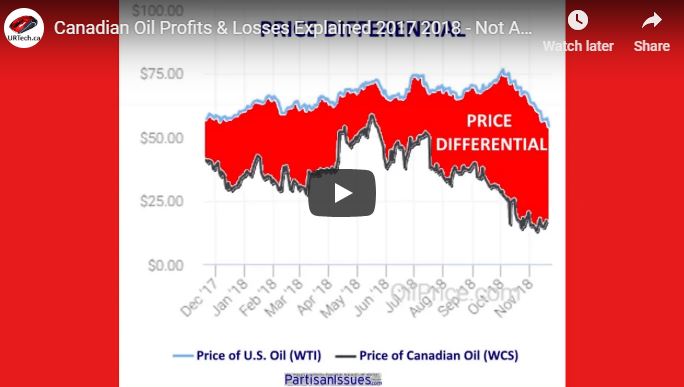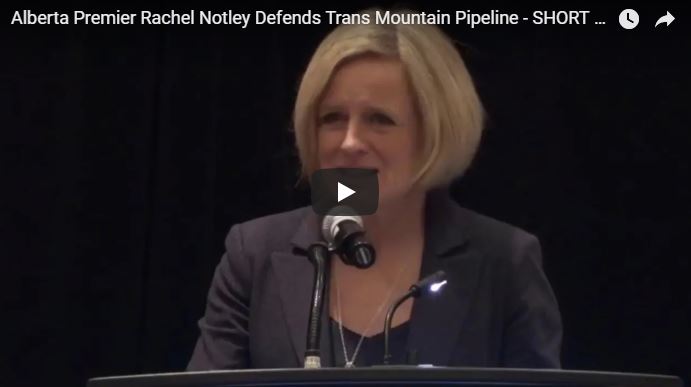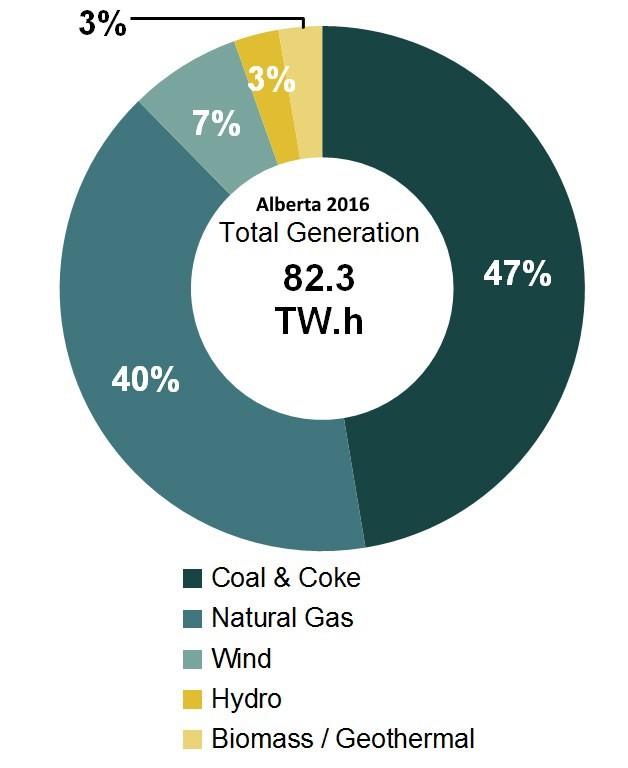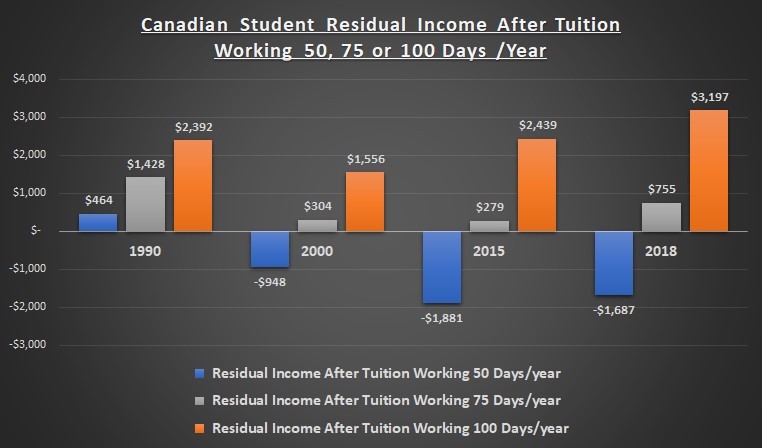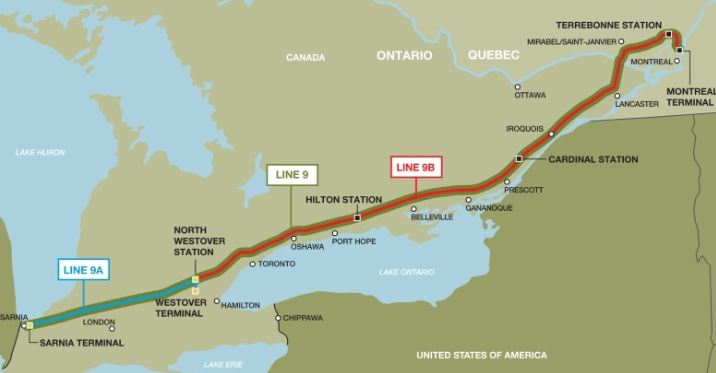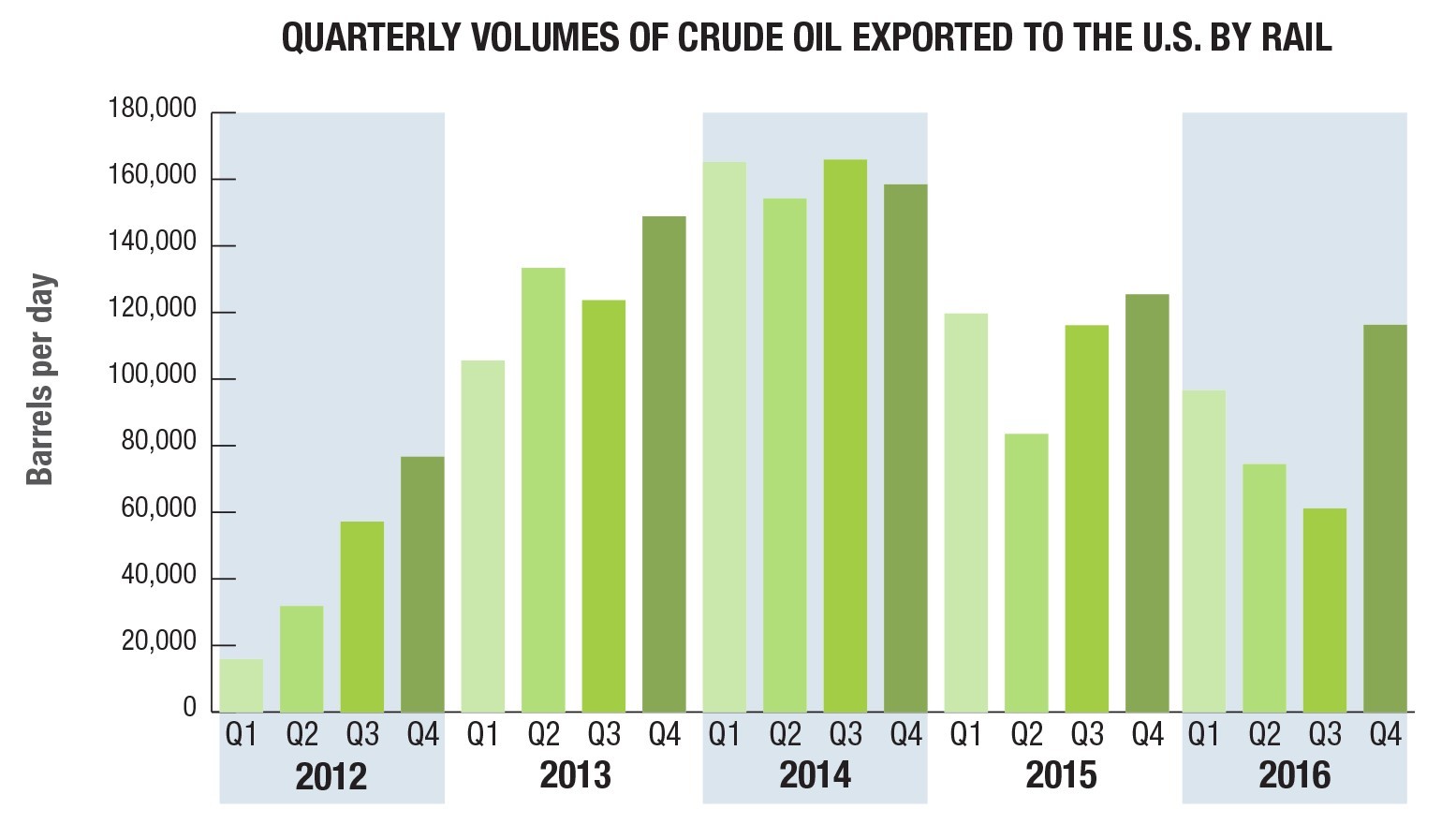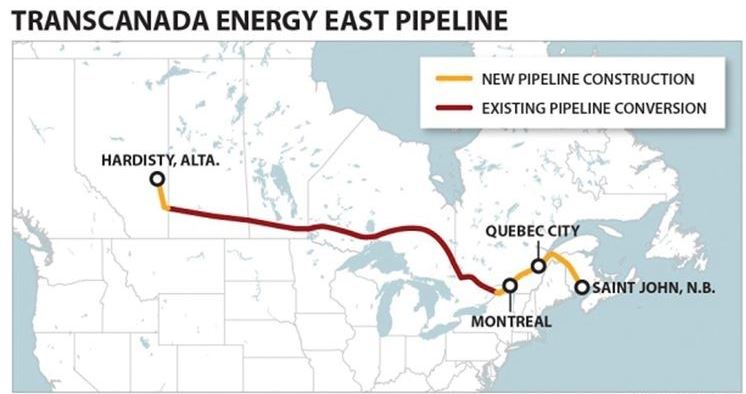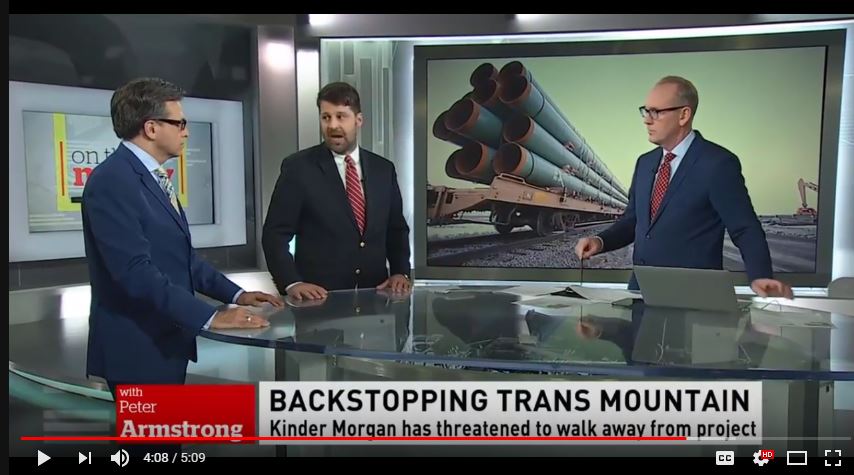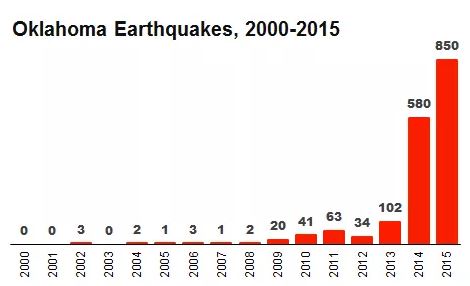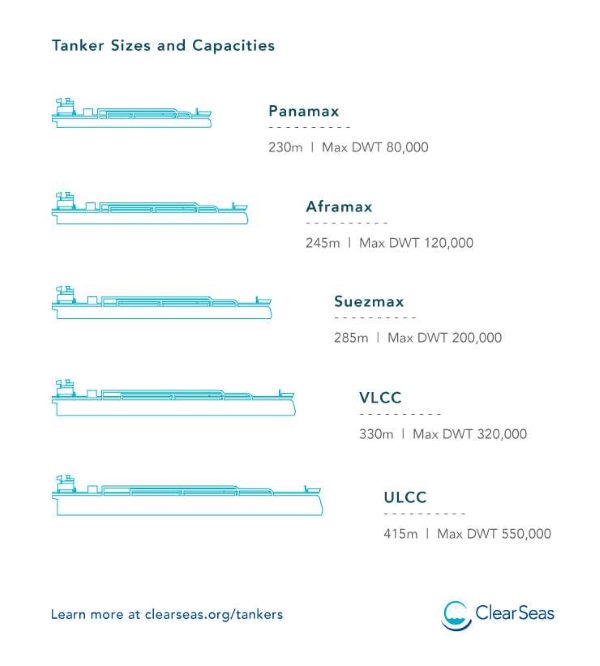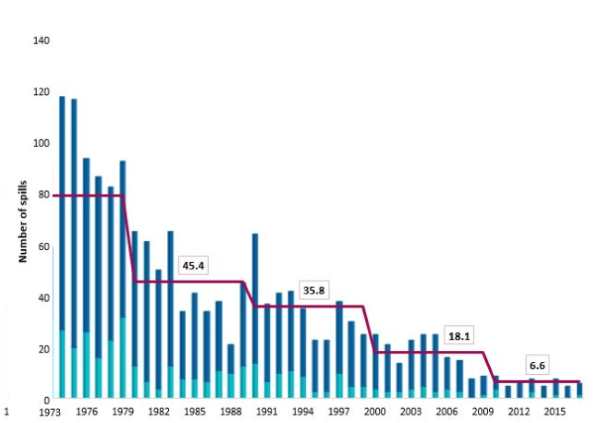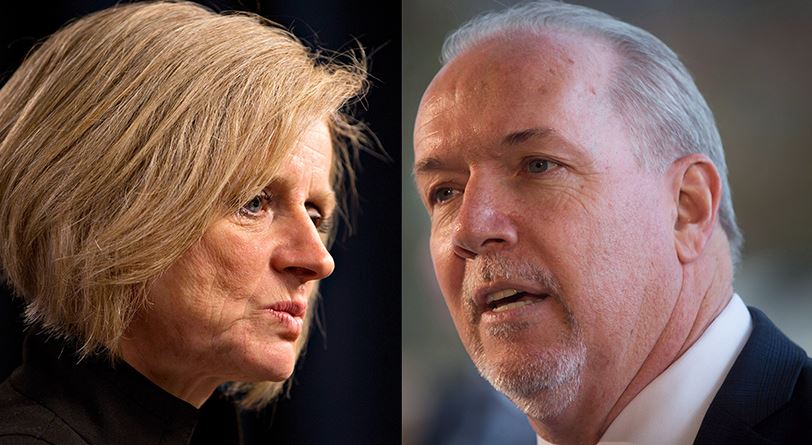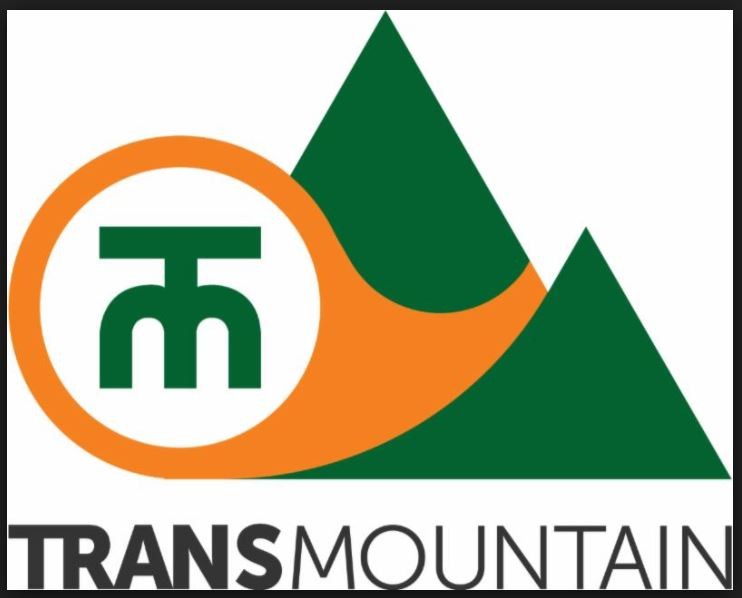What is Induced Seismicity?
Induced Seismicity is just another way to say ‘man made earthquakes’ and are sometimes referred to “induced earthquakes”. Induced Seismicity can be caused by many things humans do including:
- damming rivers for hydro power build a vast water weight behind the dam which was not their previously
- having old mine shafts collapse
- draining of underground water reservoirs
- tunneling / boring for transit systems
 but the focus of this article is Induced Seismicity caused by oil and gas exploration and production. There are some unexpected results in the latest research that governments and citizens should be aware of.
but the focus of this article is Induced Seismicity caused by oil and gas exploration and production. There are some unexpected results in the latest research that governments and citizens should be aware of.
The picture to the right is the standard graphic used by industry to explain that when we search for or produce oil and gas near existing fault lines, the added (or reduced!) pressures can cause the faults to activate resulting in earthquakes. Nowhere has this been more pronounced than in Oklahoma over the previous decade and their citizens and governments are taking it very seriously.
What are the Main Causes of Oil & Gas Related Induced Seismicity?
The two major causes of oil and gas related Induced Seismicity are:
- Fracking HORIZONTAL wells
- Waste water disposal wells
What is Fracking?
Hydraulic Fracturing or “fracking” is simply the process of injecting materials (often including water, sand, chemicals, CO2…) into a well under very high pressure. The idea is to crack the rock and release the oil and gas contained.
(more…)
